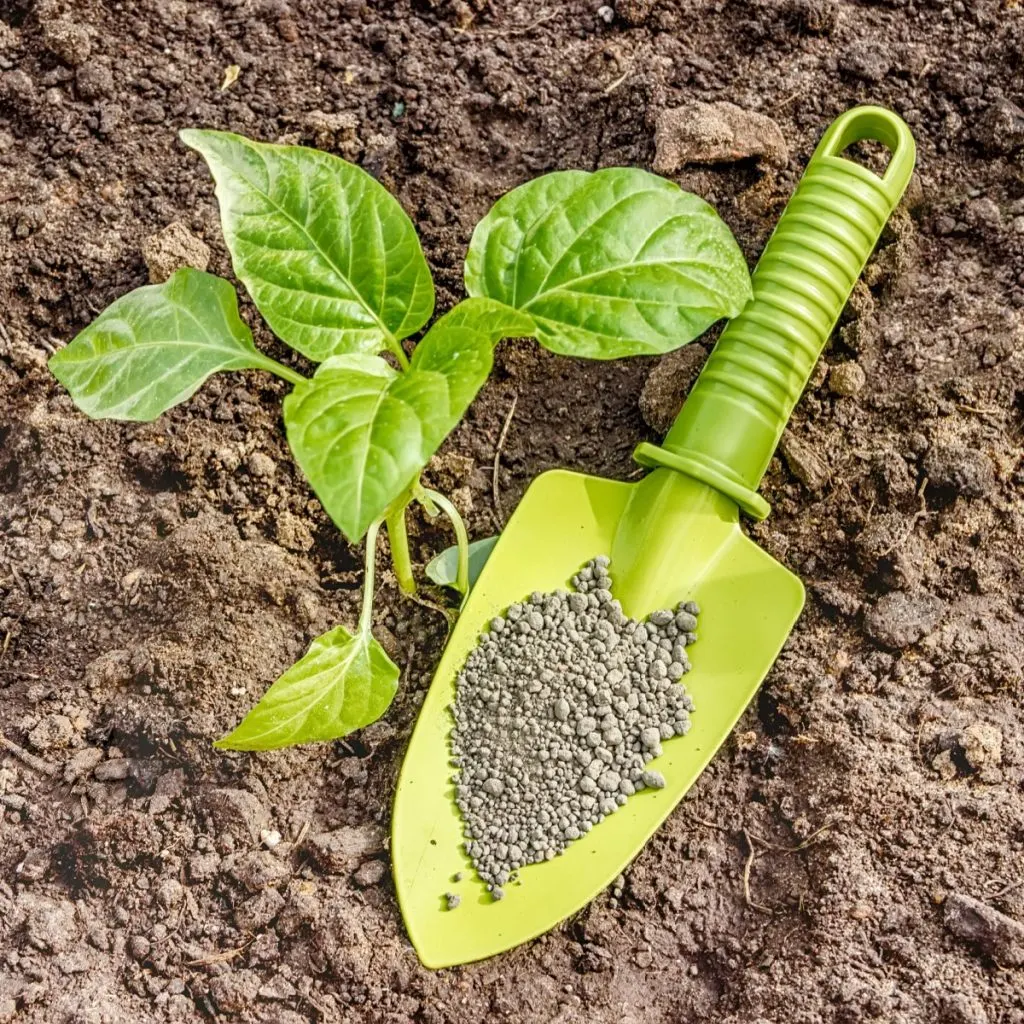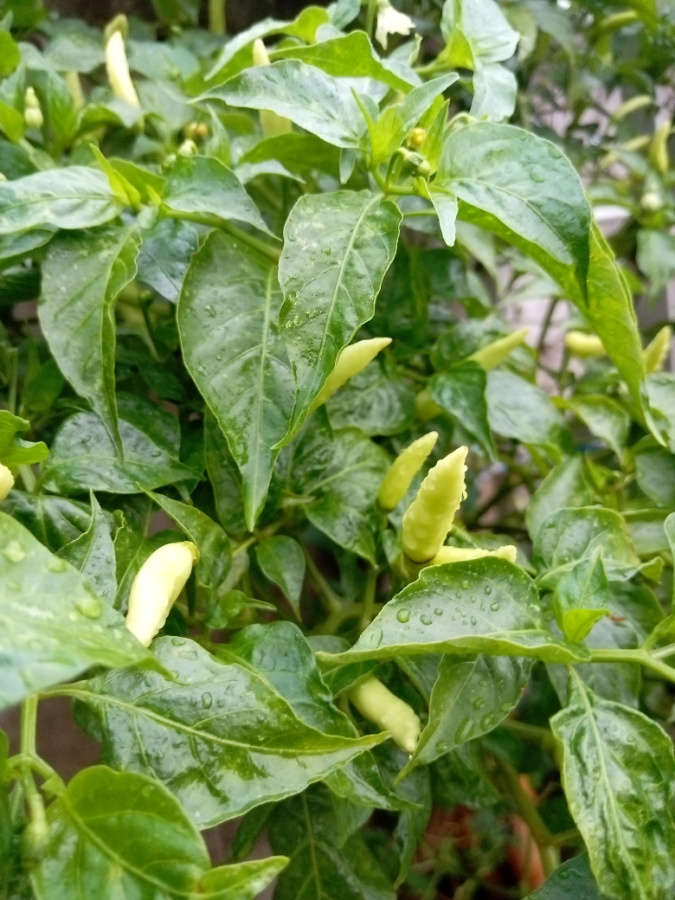Best Fertilizers for Peppers: A Comprehensive Overview to Increase Your Harvest
Best Fertilizers for Peppers: A Comprehensive Overview to Increase Your Harvest
Blog Article
Organic Vs. Synthetic Fertilizers: Which Is Best for Supporting Healthy Pepper Plants?
In the realm of supporting healthy and balanced pepper plants, the choice between synthetic and organic fertilizers stands as a critical decision with far-ranging effects. While both options aim to offer necessary nutrients to sustain plant development, the nuances of their impact on the soil, plant wellness, and the environment spark a dispute that echoes throughout the horticulture area. Understanding the distinct advantages and possible mistakes of each plant food kind is critical for pepper farmers seeking to maximize their returns while keeping an eco-conscious and sustainable approach.
Benefits of Organic Fertilizers
Organic fertilizers use an environmentally-friendly and lasting technique to beneficial pepper plants, giving essential nutrients without making use of artificial chemicals. These all-natural plant foods are obtained from natural sources such as garden compost, manure, bone meal, and seaweed, promoting dirt wellness and biodiversity. Unlike synthetic plant foods, natural alternatives launch nutrients slowly, guaranteeing a well balanced and steady supply for pepper plants to thrive.
One considerable advantage of organic plant foods is their capacity to improve dirt structure and water retention. By boosting soil health and wellness, organic plant foods advertise beneficial microbial task, which aids in nutrient uptake by pepper plants. Furthermore, natural plant foods lower the risk of chemical run-off, securing water resources from pollution and guarding the environment.
Additionally, natural plant foods add to long-lasting dirt fertility by promoting the growth of valuable dirt organisms. These organisms help damage down raw material, launching nutrients in a kind that is quickly accessible to pepper plants. best fertilizers for peppers. By cultivating a healthy and balanced soil ecological community, organic fertilizers support sustainable pepper growing practices that benefit both plants and the setting
Downsides of Artificial Plant Foods
Artificial fertilizers, in contrast to their natural counterparts, position various negative aspects when utilized to nourish pepper plants, impacting both plant wellness and environmental sustainability. One major downside of synthetic fertilizers is their propensity to leach nutrients from the dirt swiftly.
Additionally, the overuse of synthetic plant foods can add to water pollution. Excess plant foods not taken in by plants can wash away right into water bodies, causing eutrophication, where algae blooms diminish oxygen levels in the water, harming water life. Synthetic plant foods are generally acquired from non-renewable resources, such as fossil gas, contributing to carbon exhausts and ecological destruction throughout their production.
Nutrient Absorption Contrast
Effective nutrient absorption plays a crucial duty in the general health and development of pepper plants. When contrasting organic and artificial fertilizers in terms of nutrient absorption, organic fertilizers have the advantage of supplying an extra well balanced and slow-release resource of nutrients (best fertilizers for peppers). Organic fertilizers consist of a range of macro and trace elements that are not just advantageous for the plants however additionally advertise healthy and balanced soil microbial task, which aids in nutrient uptake. On the various other hand, artificial plant foods frequently provide a fast release of nutrients, which can result in leaching and runoff, resulting in lower nutrient absorption rates by the plants.
In addition, natural plant foods boost dirt framework and water retention ability, permitting pepper plants to access nutrients much more effectively. This enhanced dirt top quality promotes origin development, allowing much better nutrient absorption. Synthetic fertilizers, although at first increasing plant growth because of their high nutrient focus, might impede lasting nutrient absorption by derogatory dirt health in time.
Ecological Effect Factors To Consider

On the other hand, artificial plant foods, although commonly more promptly offered and focused to plants, can have destructive results on the atmosphere otherwise used correctly (best fertilizers for peppers). Their manufacturing needs high energy inputs, leading to greenhouse gas discharges and contributing to environment change. Moreover, the drainage of excess artificial fertilizers can infect water resources, resulting in eutrophication and harming marine ecological communities.
Best Plant Food Practices for Peppers
When feeding pepper plants, optimizing nutrient uptake and reducing ecological effect are crucial factors to consider. To attain this, it is important to adhere to ideal plant food techniques tailored to the details click site needs of pepper plants. One essential technique is to execute a soil test before using any kind of plant foods. This test can figure out the pH degree of the dirt and identify any type of nutrient deficiencies, assisting you in selecting the most suitable plant food solution.
An additional essential practice is to fertilize pepper plants at the ideal time. Normally, peppers gain from obtaining plant food at growing and after that again when they begin to blossom. Over-fertilizing can lead to nutrient imbalances and damage the plants, so it is important to comply with suggested application prices.
Furthermore, picking a well balanced plant original site food with an NPK proportion that suits pepper plants' demands is fundamental. Organic fertilizers, such as garden compost or manure, can be outstanding options as they release nutrients gradually and boost soil structure in time. However, synthetic plant foods can give a quick nutrient boost when needed. Eventually, incorporating artificial and natural plant foods deliberately can help nurture healthy pepper plants while lessening environmental impact.
Verdict

Organic fertilizers use a sustainable and environmentally-friendly strategy to beneficial pepper plants, supplying necessary nutrients without the use of synthetic chemicals. Unlike artificial plant foods, organic alternatives launch nutrients slowly, making sure a well balanced and constant supply for pepper plants to flourish.
Artificial plant foods, in comparison to their natural counterparts, pose numerous downsides when made use of to nurture pepper plants, impacting both plant health and ecological sustainability. When comparing organic and artificial plant foods in terms of nutrient absorption, organic fertilizers have the advantage of supplying an extra well balanced and slow-release source of nutrients.In addition, organic fertilizers enhance dirt structure and water retention capability, permitting pepper plants to access nutrients more effectively.
Report this page